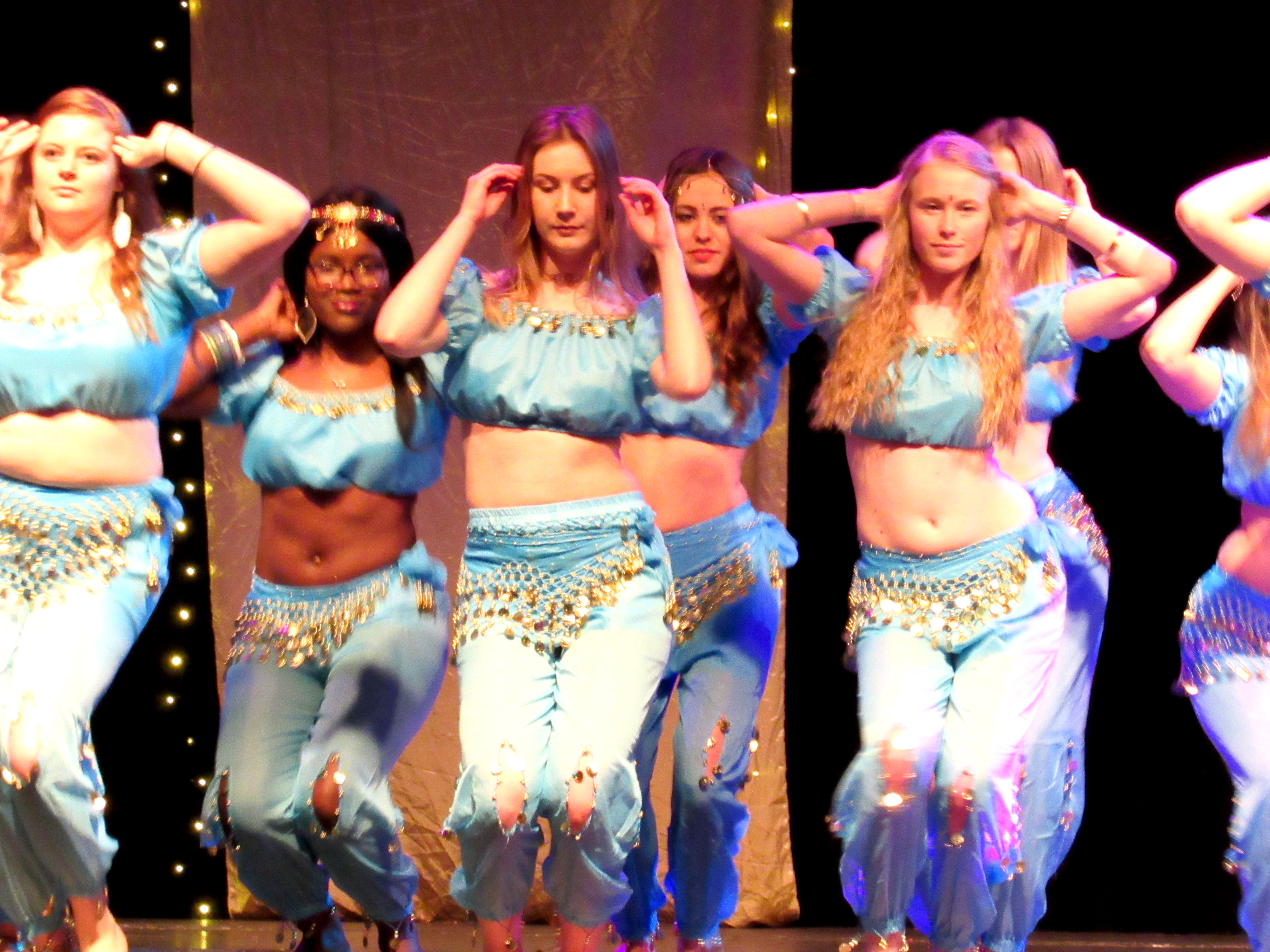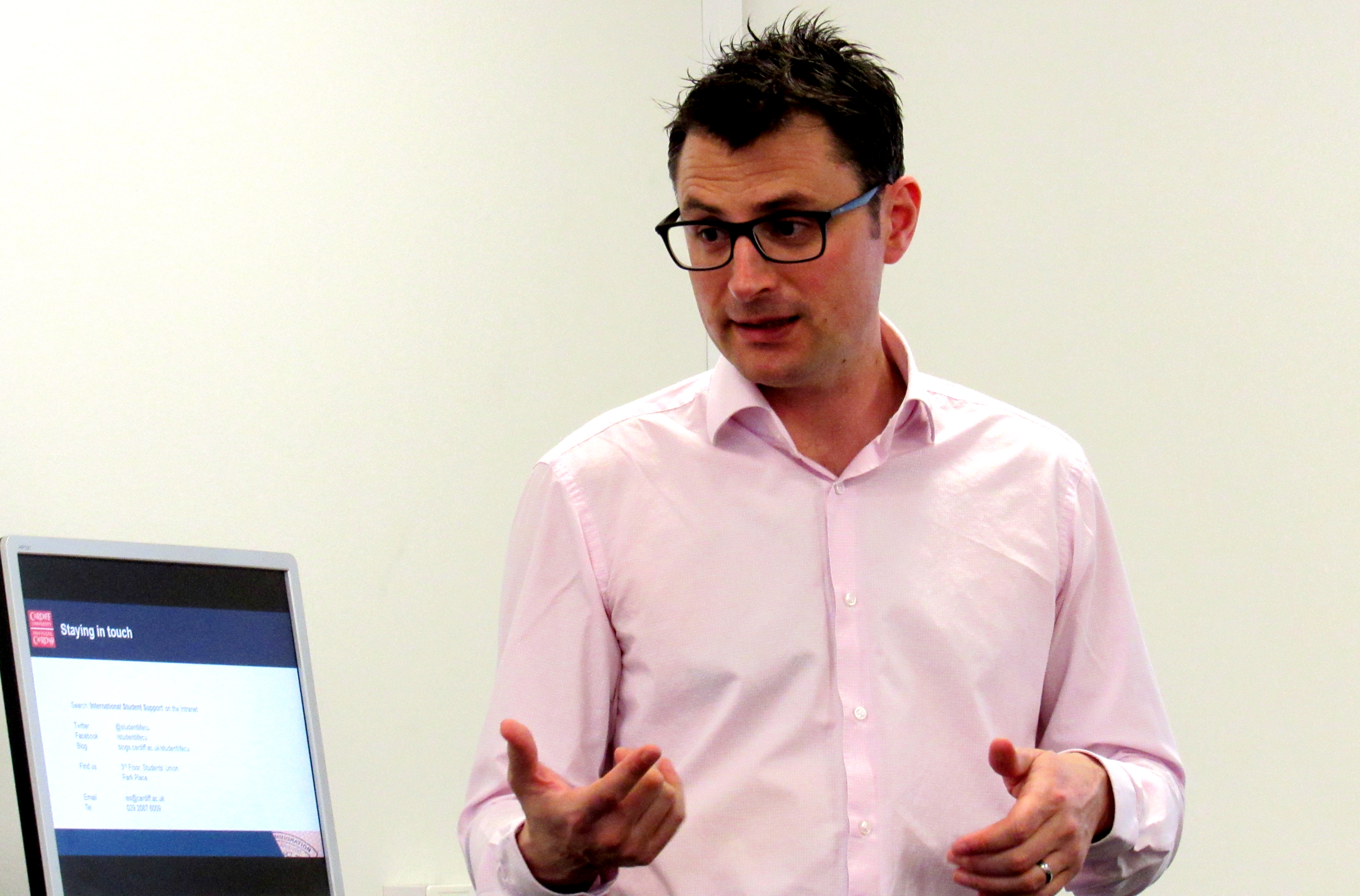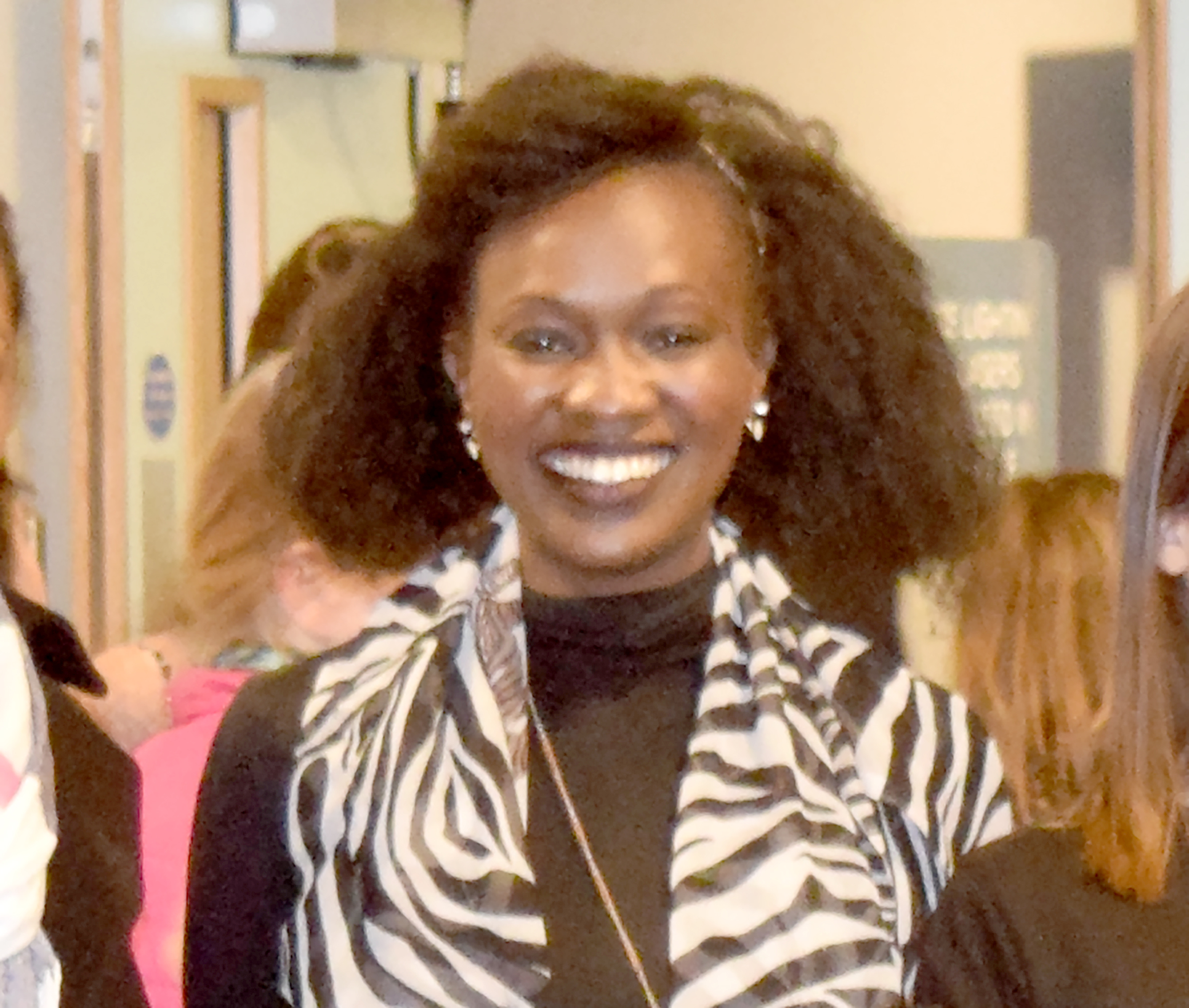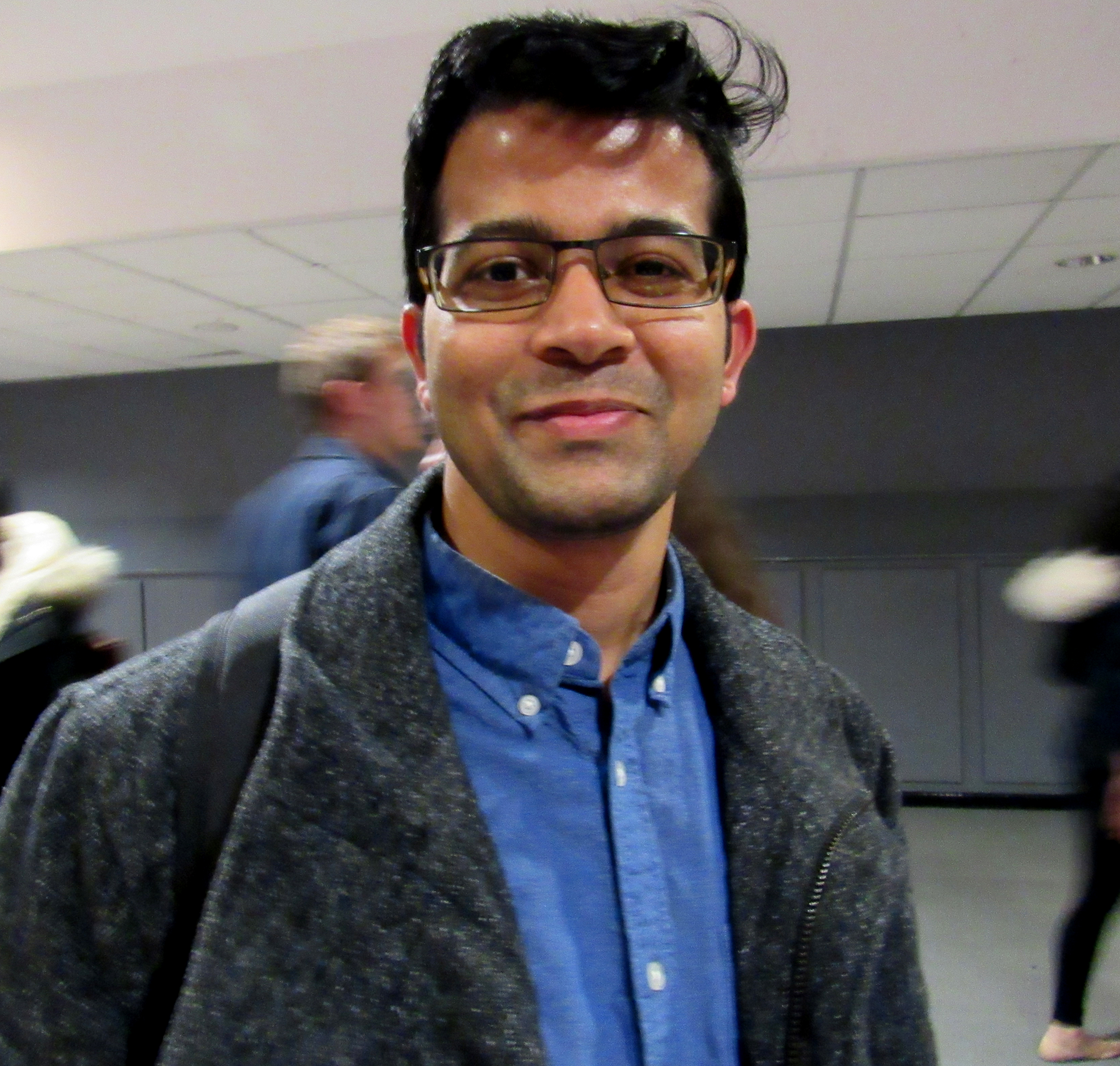No Black and White divisions, no Asian either, just Cardiff Student. The student community at Cardiff University seems to comprise students from all parts of the world.

Dance moves from across the world, the sound of the universality of music, different dishes to appease taste buds, global sports, career talks and survival tips on an international scene were some of what revellers were served with at the Cardiff University Global week that started on March 24 and will end today. The activities reflected the cultural diversity in the university.
It is not just these activities, walking down the Student High Street, you would think the whole world lives in Cardiff University. Here, you will find students from different parts of the world defying racial barriers, freely interacting with each other, holding high intellectual discussions for class group work. At the Student Union and different libraries, the story is not any different, students from different corners of the world, harmoniously interacting. So just how diverse is Cardiff University?
Ruth Anthony, the International Recruitment Officer, says: “In total, we have over 100 countries represented. There are obviously, countries like you’ve mentioned [China and India] where we have a higher number. Africa is represented, and Cardiff has the highest number of Kenyan students in the UK, good numbers from Uganda, Nigeria and other African countries as well, Khazastan, Malaysia, India, Saudi Arabia, Oman, Kuwait, USA, Iraq, and Pakistan. Quite a range and mixture of students…We do see the biggest number of students from China because of our Business school. Chinese students are looking for opportunities outside China.”

Indeed, there are many Chinese students. Almost one in every five students I run into is Chinese. The number of Chinese students in Cardiff University is so high that for some courses you would think you are in China, with most of the students being Chinese and the rest from other parts of the world. Why does China a country of a population of 1.387 billion according to the latest UN statistics send a large number of students to Cardiff, and not as many to other universities in the UK? Could it be that there is a deliberate university policy to admit more Chinese students?
“There is a lot of people from China expressing interest and China having a big population is a big market for a lot of UK universities but it varies depending on the course, Business is one of the main courses that draw students here and because we have a very good Business school, we get a lot of Chinese students applying for Business,” Anthony says, adding: “Journalism is also very popular with international students because of the ranking of our university that is why you see a mix of students in the journalism course.
“A lot of our courses attract many students because of the reputation of the schools. Our MBAs attract a lot of students from India, and India makes up the second largest population of International students. A lot of International students want the best education and that is why we get a large number from different countries in our schools.”
Emphasising Anthony’s point, Glyn James, an International Marketing Officer at the university, says: “You get a lot of students from India and China because these countries are rankings driven and rely a lot on word of mouth. A lot of students want to study what their friends studied or what their employers recommend in a university with a great reputation. We rank very highly overall and in our courses.
“We aim at giving them a good education and a good time here so that when they go back and they are asked where they studied, they say, Cardiff University, and then you’ll create more momentum in that country. There are countries that still send many students to the UK, so we have a higher number from that. [However] the range of students is quite diverse.”
Suce Farah, a Business Economics student from Somalia, disagrees with Anthony, saying the university is not culturally diverse.
“On my course. Most people are White. A lot of Chinese, quite a few Indonesians. My course has only three Black students out of the 200 in the class. Walking around the campus, it is mainly White faces. I feel like Black people aren’t that well represented at this university. it’s mainly Europeans, she says before quickly adding: “I feel like it’s getting better. It’s not that bad compared to other universities but it’s not that diverse. I believe in a couple of years, it’ll be more diverse. More should be done to help more ethnic people get into Cardiff University.”
It seems UK universities still have a lot to do regarding cultural diversity in the student population. In their article, Race and academia: Diversity among UK university students and leaders, in The Conversation, Akshat Rathi and Gemma Ware, said an analysis had found disparities in ethnic representation in UK universities compared to average UK population. They pointed out that Black and Asian students were under-represented in Russel Group of 24 leading UK universities. Cardiff University belongs to the Russel group of universities. It was ranked fifth in research in UK and 125th in the World.
Aside from China and India, sending the highest number of international students to Cardiff University, the university still gets a reasonable number of students from different parts of the world. It, for instance, has 48 Kenyan students, the highest number in the UK according to International Marketing officer James.

A quick scan through the university’s International Students’ prospectus reveals that the average percentage of international students admitted in most schools in Cardiff University is about 40 per cent. With students from more than 120 countries, Cardiff is among the most ethnically diverse universities in the UK. Is Cardiff University trying to beat the ethnic disparity statistics by embarking on a mass admission of students from different backgrounds while compromising on the quality of student intake?
Anthony says: “An application comes to us as an application based on entry requirements and a student’s academic performance. For any school, any admission team, they are looking for students with the best academic profiles. They are based on merit. Partly, the reason why you see a lot of students from any one place is that we get a large number of applications from that place, sometimes it’s down to population numbers. When we receive applications, it is about academic strength. We look at their academic background.”
Explaining the big number of Chinese students in Cardiff University’s Business school, which has the highest number of Chinese students in the university, Qiuying Yu, an International Economic Banking and Finance student from China says: “Chinese students want to learn Business, and most students go abroad to study Business because it is very useful in China. The subject is attractive and quite practical and useful. Compared to other universities, my research revealed that the Cardiff Business school is the best. The Business school at Cardiff is very famous, the university is very famous and the city is good, the cost of living is very low compared to London.”
On what she thinks of the diversity of Cardiff University, Yu says: “Cardiff University is an international university so it attracts a lot of people from different cultures. I get to learn from other people what I wouldn’t have learnt if it was back home in China. People here separate their work lives from their personal lives and treasure leisure unlike in China where people don’t have a life outside work.”

Agreeing with Yu on the reputation of the university’s Business school, Farah, the Somali Business school student says: “I like the campus. I like my lecturers. They are interesting and funny. I love my course. It is relevant to work life and has shaped me for the job market. My school is one of the best Business schools in the UK, a well-respected school in the UK, so more ethnic people go there, this gives them and a lot of other students an advantage in the job market because a lot of the employers will be targeting students at Cardiff University, this gives them an edge, I guess.”
Kenisha Nelson, a Psychology student from Jamaica says she chose to study at Cardiff University because the school of Psychology is also highly ranked among the UKs best Psychology departments for research.
“There seems to be much diversity among the student population and the university appears to make an effort to promote an international setting,” she says, adding: “Being able to interact with persons from different countries and cultural backgrounds essentially prepares you for those interactions in real life work settings and builds tolerance. For international students, there is the added benefit of receiving an internationally recognised degree which can only benefit them in terms of job prospects.”
Guy Oberlander, a Jewish student of Biosciences, says: “One of the main reasons why I came to Cardiff University is because of the diverse culture. Back at home, I’m in a Jewish bubble because I’m a Jew. And I have come here and been able to integrate with more cultures.”

With very many students from different parts of the world. There is bound to be cultural shock and racism. However, International officers Anthony and James say this is not a problem at Cardiff as their students are prepared to fit in a multicultural environment and given the best support.
“The [Cardiff University] Welcome Week is crucial to students, it helps international students deal with cultural shock. We were voted number one in the UK for how to welcome students. Also, we have a very diverse international staff base. We have lecturers from China, Nigeria…Our lecturers are used to dealing with students from an international community. We are a Russel group university that attracts a lot of funds for research. That attracts the best lecturers. The best lecturers are the best people and tend to be used to dealing with people from an international context and can handle a diverse community,” says James.
Her colleague Anthony says students fitting in is something they take seriously and do everything to ensure there is co-existence in the student community. She emphasises that the university International office ensures there is easy communication with international students, right from when they first have contact with any student.
“We always say students are always able to contact us at any one time, from when they think about applying to the moment they graduate. We put systems in place to make sure students can contact us for any support. We support them with any queries. We have also got the international student support team who are responsible for the Global Week happening now.”
She adds that the student support team also “provides all the specialist advice about anything, especially who are coming to a country for the very first time and are living away from home. It’s all those extra things we put in place for support, like accommodation to make sure they have somewhere safe to stay, the welcome week activities where we provide coaches to pick students from airports, give them information on where they can find different things.
“There are a number of people within the university and schools that completely understand how to deal with any queries and concerns…our academics know how to deal with the queries and concerns. A lot of time in making students feeling comfortable.”
Sharing about the ongoing Global Week activities, one of the university’s initiatives to celebrate its cultural diversity, Glyn Lloyd, the Cardiff University International Student Support manager, says 40 cultural societies participated in the Global Week with all the 40 having stalls at the Global Village food exhibition.

He says: “The Global week certainly raised the profile of our international students and it is for students to be aware of the support available to them from the university… It is to celebrate and to raise awareness about cultural diversity and internationalisation. We encourage students to mix…”
Nelson Kenisha from Jamaica says: “I think the Global event is a great idea. It brings people from different backgrounds together and allows them to share various aspects of their culture.”
Also agreeing with the universities effort to help the multicultural community appreciate each other’s culture through the Global Week activities, Farah from Somalia, says it helps “People understand the background of their peers, helps them to know each other better, their way of living. It will help people to integrate better if they know where they are coming from.”
The Global Week was a series of activities that included a dance event showcasing cultural and contemporary dances from around the world, a global village exhibition that was a showcase of food and artefacts from different parts of the world, Global Sports, and Go-Global career workshop. The dance and food events were the most attended activities of the week, attracting a big number of students from Cardiff University, neighbouring universities and Cardiff residents. Although not all countries were represented at the event, it was a reflection of the diversity of the university, cultural freedom and how students from different backgrounds have blended in the multicultural student community.
Side bar: Cardiff students react to the Global Week cultural dance festival

The Go Global festival was good in the sense that they had diversity in uniting people. However… the region of Africa was not as much represented, as well as the Caribbean. Probably what the Student Union may need to do, is get more active involvement from the African society. Personally, I’m from Kenya, I know there’s a Kenyan society and therefore would have loved to participate and showcase our Kenyan dances or any kind of African themed aspect of it… they probably need to spice it [the performances] up with skits and plays…Also, they need to publicise the event more to make people aware of the programme. Overall, it was good to showcase cultures from different regions.

I like it so much because it is multicultural and multinational… Lots of different backgrounds from different countries, that’s really nice. When you come here you get to know the different multicultural activities all over the world…I really enjoyed it. I want to have a programme like this more often.

It was really nice to see a demo of the different dancers from different cultures even if not every single act was the most skilled version of that activity we have seen but it was nice to get a taste of it and see what the real thing would be like in the respective cultures.

It was brilliant. So many different cultures in one evening that I have never heard of. We should definitely have more evenings like this.

I think this is one of the best events I have seen all year round. I have always loved unity, promoting co-existence. And this is a perfect event for that. All cultures together, everyone, new food discovering new things, new cultures, brilliant.
